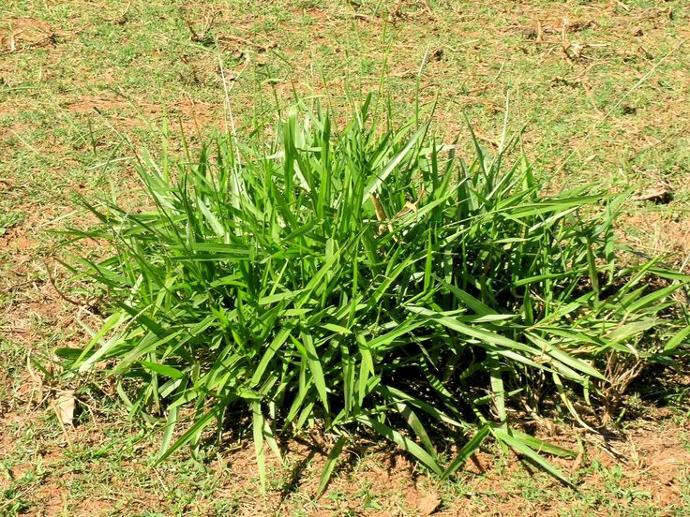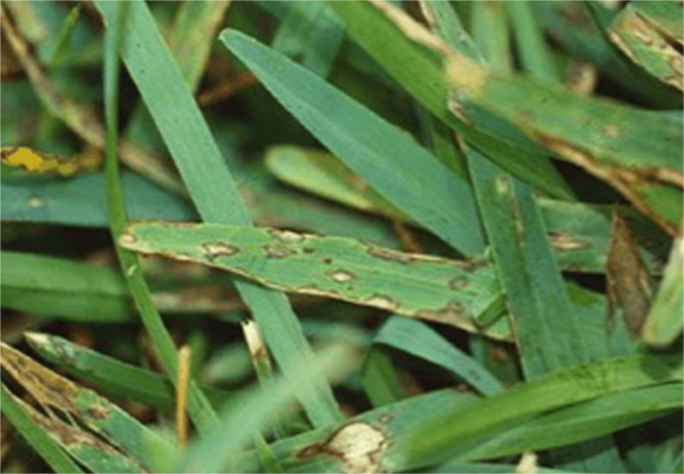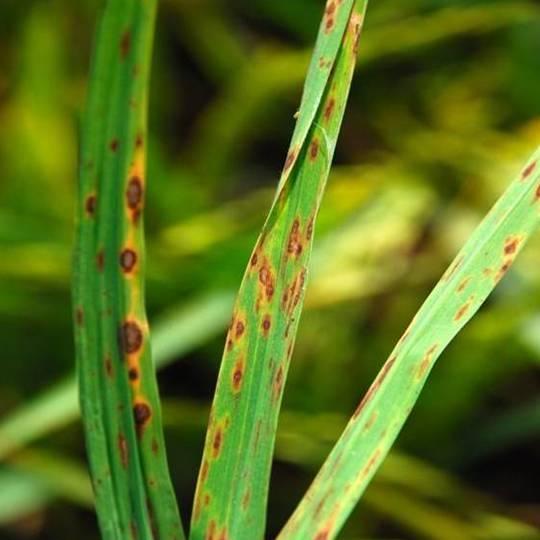Signal Grass
| Signal Grass (Brachiaria decumbens) grows up to 4 ft, prefers well-drained soil, full sun, moderate moisture, and is edible but not medicinal. |

Habit
Grass
Height
30-60 cm
Growth
Fast
Soil
Well-drained, sandy
Shade
Full Sun
Moisture
Moderate
Edible
Yes
Medicinal
No
Origin
Africa, Tropical
Climatic Condition
Tropical, Subtropical
Temperature (°)
20-30°C
Humidity (%)
60-85
Potting media
Loamy, peat
Fertilizers
Organic, nitrogen-rich
Watering
Regular
Plant Weight
100-200 g
Flowering Time
Summer, Fall
Soil Ph level
5.5 - 7.5
Water Ph level
5.5 - 7.5
Soil EC
1-2 dS/m
Yield Per Plant
Forage crop
NPK ratio
20:10:10
life Span
Perennial
Health Benefits
Forage, soil enrichment
Suggested Grow Media or Potting Mix ?
|
Suggested Fertigation/Fertilizers
|
Common Diseases and Remedies
Leaf Spot, Powdery Mildew, Rust, Aphid Infestation, Root Rot
Brown or black lesions on leaves, White powdery growth on leaves, Reddish or orange pustules on leaves, Distorted leaves and sticky residue, Wilting and stunted growth
Neem oil, Compost tea, improve air circulation, sulfur spray, Neem oil, insecticidal soap, Improve soil drainage.
Copper-based fungicides, Sulfur-based fungicides, Fungicides with propiconazole, Chemical insecticides, Soil-applied fungicides
HEALTH BENEFITS
· Primarily used as fodder, but some species have antioxidant and antimicrobial properties.
Helps improve soil health in agricultural settings.

